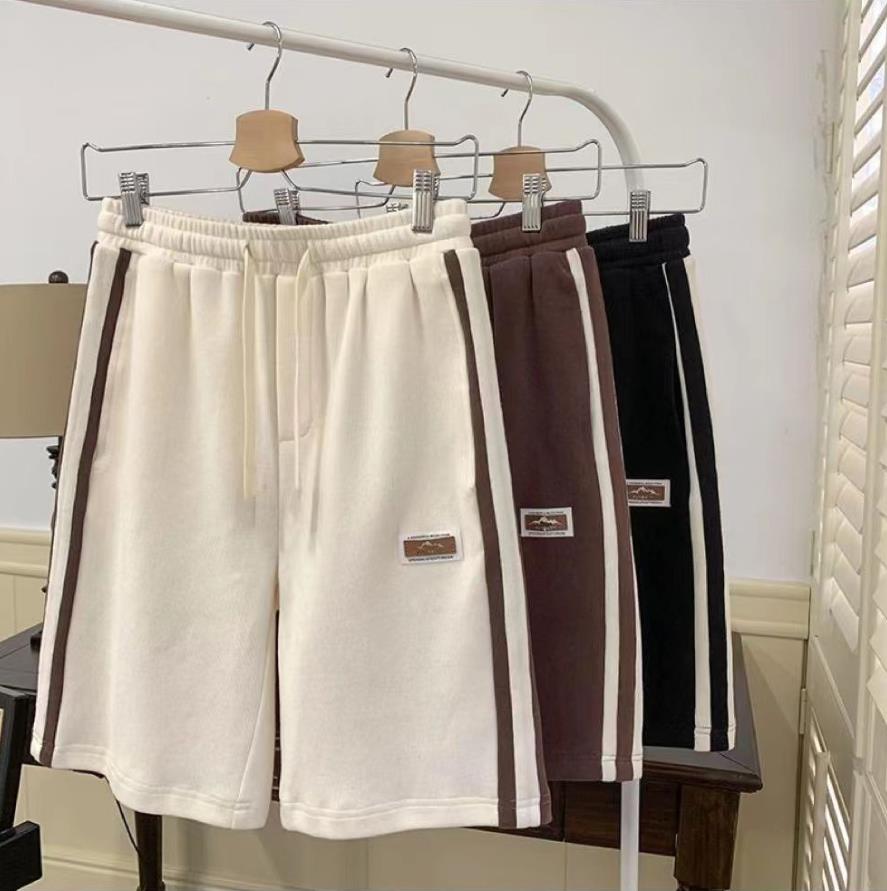
In an era where environmental concerns are growing, it is crucial for brands to prioritize sustainability in their manufacturing processes and product offerings. Soffe shorts, a renowned athletic apparel brand, has recognized the importance of sustainability and taken significant steps to reduce their environmental impact. In this essay, we will explore how Soffe shorts has become a brand committed to sustainability, focusing on their use of eco-friendly materials, ethical manufacturing practices, recycling initiatives, and overall dedication to minimizing their carbon footprint.
Use of Eco-Friendly Materials: Soffe shorts has made significant strides in incorporating eco-friendly materials into their manufacturing process. They have transitioned away from traditional materials that have a large carbon footprint, such as conventional cotton, and have embraced sustainable alternatives. For example, Soffe now utilizes organic cotton, which is grown without synthetic pesticides or fertilizers, reducing water pollution and promoting healthier soil. Additionally, they have incorporated recycled polyester into their fabric blends, reducing the demand for virgin polyester and diverting plastic waste from landfills. By using eco-friendly materials, Soffe shorts not only minimize their impact on the environment but also offer consumers a more sustainable choice in athletic apparel.
Ethical Manufacturing Practices: Soffe shorts places a strong emphasis on ethical manufacturing practices, ensuring that their products are made in a manner that respects workers’ rights and well-being. They partner with manufacturers that adhere to strict labor standards, such as fair wages, reasonable working hours, and safe working conditions. By prioritizing ethical manufacturing, Soffe shorts ensures that their supply chain is free from exploitative practices and promotes fair treatment of workers. This commitment to ethical manufacturing not only aligns with sustainability principles but also fosters a positive image for the brand, attracting consumers who value transparency and social responsibility.
Recycling Initiatives: To further demonstrate their commitment to sustainability, Soffe shorts has implemented recycling initiatives to reduce waste and promote circularity. They encourage customers to recycle their old Soffe shorts by offering recycling programs or partnering with textile recycling companies. These initiatives allow customers to responsibly dispose of their worn-out shorts, ensuring that they are diverted from landfills and recycled into new products. By actively participating in recycling initiatives, Soffe shorts showcases their dedication to reducing their environmental impact and promoting a more circular economy within the athletic apparel industry.
Reducing Carbon Footprint: Soffe shorts recognizes the importance of reducing their carbon footprint and has implemented measures to minimize their environmental impact. One way they achieve this is by prioritizing local sourcing and manufacturing. By sourcing materials and manufacturing products closer to their distribution centers, Soffe reduces the energy and emissions associated with long-distance transportation. Additionally, they have implemented energy-efficient practices in their manufacturing facilities, such as utilizing renewable energy sources and optimizing production processes to minimize waste and energy consumption. These efforts to reduce their carbon footprint demonstrate Soffe shorts’ commitment to sustainability and their understanding of the importance of actively addressing climate change.
Transparency and Accountability: Soffe shorts believes in transparency and accountability when it comes to their sustainability efforts. They provide clear information about their eco-friendly materials, manufacturing practices, and recycling initiatives on their website and product labels. By openly sharing their sustainability initiatives with consumers, Soffe shorts allows individuals to make informed choices and support a brand that aligns with their values. This commitment to transparency not only builds trust but also encourages other brands to follow suit, fostering a positive shift towards sustainability within the athletic apparel industry.
Consumer Education and Engagement: Soffe shorts understands the significance of consumer education and engagement in promoting sustainability. They take an active approach in educating their customers about the importance of sustainable choices and the benefits of eco-friendly materials. Through their website, social media platforms, and marketing campaigns, Soffe shorts raises awareness about environmental issues and provides tips on how individuals can make more sustainable choices in their everyday lives. By empowering consumers with knowledge and encouraging them to join the sustainability movement, Soffe shorts actively promotes a culture of environmental responsibility and inspires positive change beyond their product offerings.
Conclusion: By adopting sustainable practices, Soffe shorts demonstrates their understanding of the need to prioritize the environment and make conscious choices that benefit both consumers and the planet. Their commitment to transparency, consumer education, and engagement further solidifies their position as a leader in sustainability within the athletic apparel industry. As consumers increasingly seek out eco-friendly options, Soffe shorts stands as a shining example of a brand that successfully combines quality, functionality, and sustainability.